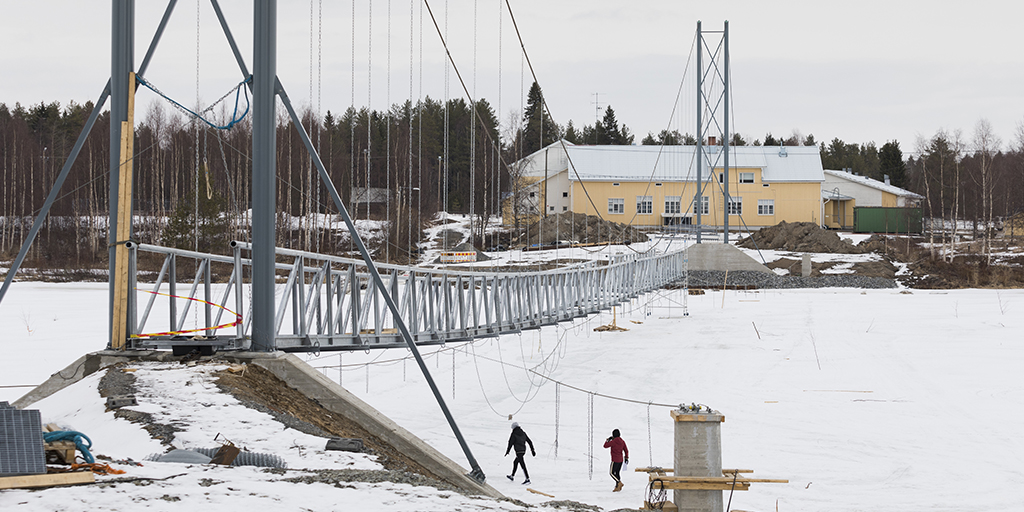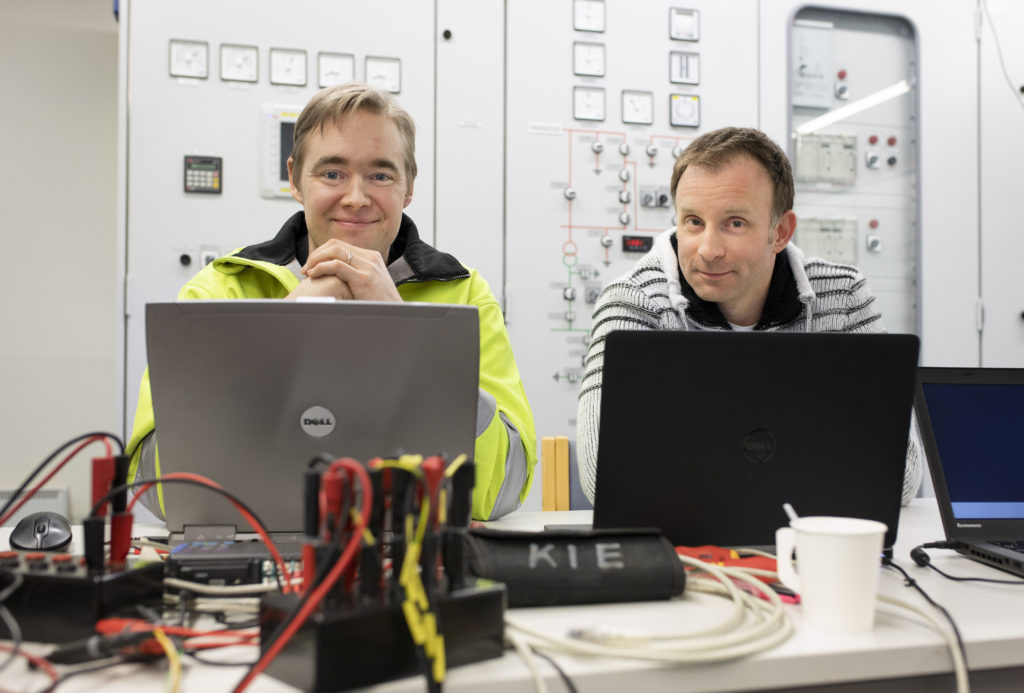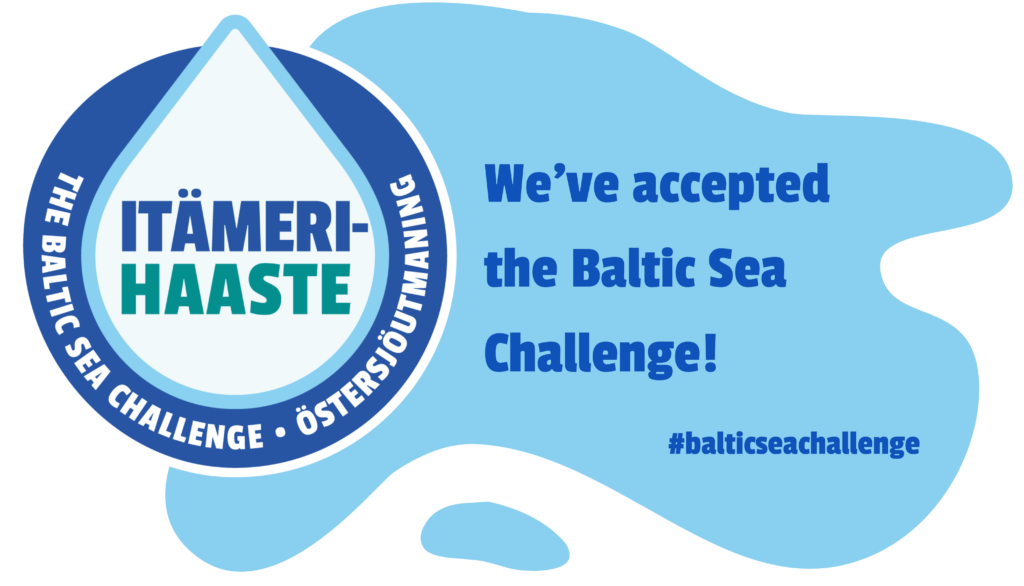Cooperation within networks
We operate in a project-based manner within networks, both with our shareholders and our partners and subcontractors. We can thus harness the best possible expertise for each project.
Our operating model strongly emphasises networking. Our 23 customer companies are at the heart of the network. We can pool their resources, share risks and realise energy projects with competitive production costs. Many representatives of our customer companies are members of the governing bodies of Pohjolan Voima’s parent company and subsidiaries. The owners of our customer companies also belong to the network. Energy companies can have several owners, for example. This way, the benefits from our operations are enjoyed by many parties in the whole of Finland. More than 130 municipalities benefit from Pohjolan Voima’s cost-price electricity and heat.
We have several partners who take care of functions that are important to us. This ensures extensive expertise and efficiency. For example, Caverion maintains our hydropower plants, Power-Deriva provides us energy management services, and Azets provides us financial administration services. We work in close cooperation with equipment suppliers and research institutions when developing our operations. We are also actively involved in networks of the energy sector and society.
It is important for us that our contractual and cooperation partners are aware of their role in Pohjolan Voima’s value chain and are committed to sustainable operating principles and their development.
We invest in development to further improve the reliability and energy efficiency of our power plants. We work closely with our shareholders, as well as with the technology suppliers of each of the power plants. Together, we try to find the most functional and cost-effective solutions. `
For example, at the Kaukaan Voima and Kymin Voima biopower plants, significant adjustments of boilers’ combustion conditions have been successfully completed. The adjustments reduce emissions into the air and improve energy efficiency. This efficient control technology solution was achieved in collaboration with the technology supplier Valmet.
Visible locally
In our operating areas, we work with local communities in actual projects that have local value.
Much local collaboration takes place especially in the Iijoki river. Active since 2017, an extensive Raasakka old riverbed development project aims to enhance recreational values of the area in addition to restoring natural migratory fish reproduction patterns. Among other things, beaches and boat docks are restored, and horsetail is cut to facilitate boating.

Research and master’s theses
We also cooperate with universities and students. We cooperate in research projects by offering material for researchers and partial funding for research projects, for example. Our power plants employ people working on their master’s theses.
This research collaboration also generates innovations which are more generally beneficial. An example of this collaboration is the turbine regulator, which was developed by PVO-Vesivoima and researchers at the University of Oulu. The regulator can exert much more accurate and faster control of the power plant’s production.

Understanding across generations
We have also started a series of discussions with young opinion leaders. We want to better understand what young adults think about various methods of combating climate change and producing electricity for society, as well as about energy production itself.
In our Sähkö tulee töpselistä (Electricity comes from the plug) podcast we discussed climate change, electricity, energy use and production and the sustainable future of energy. Podcast guests included energy experts and for example environmental activists.
We are participating in the Baltic Sea Challenge
We have accepted the Baltic Sea Challenge for the period 2024-2028. The Baltic Sea Challenge invites actors in the Baltic Sea region to commit to protecting their local waters and the Baltic Sea. Members share information, implement water protection measures, and learn together about the state of our local waters. We commit to concrete actions to reduce the burden our operations place on local waters and the Baltic Sea.

At Pohjolan Voima, we:
- Reduce the use of peat as fuel.
- Reduce the burning of fossil fuels and our greenhouse gas emissions. We operate according to the principle of continuous improvement to prevent emissions into water, soil, and air.
- Implement our biodiversity program, which sets goals for hydropower and thermal power production as well as corporate operations.
- Ensure waste sorting at our facilities.
- Provide our staff with the opportunity to do volunteer work during working hours. We inform our staff about Baltic Sea Day and encourage them to engage in volunteer work related to water protection and the control of invasive species.